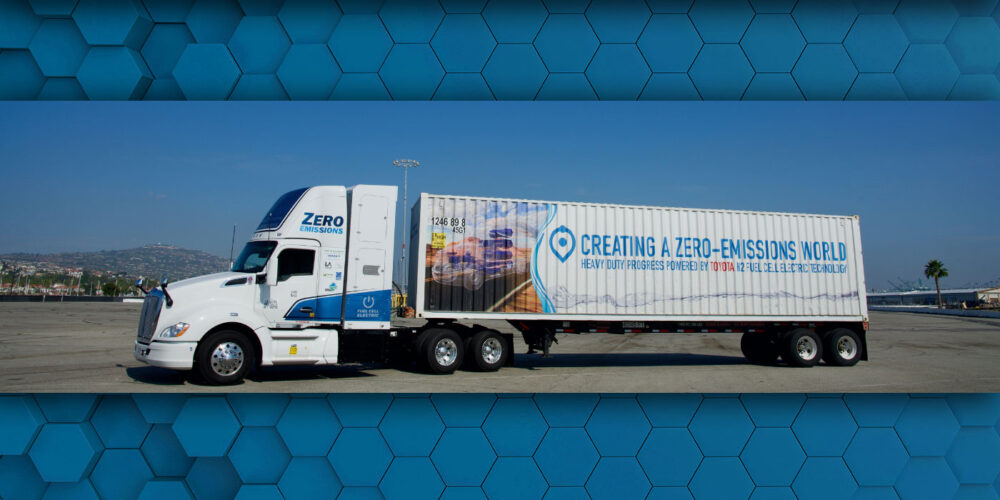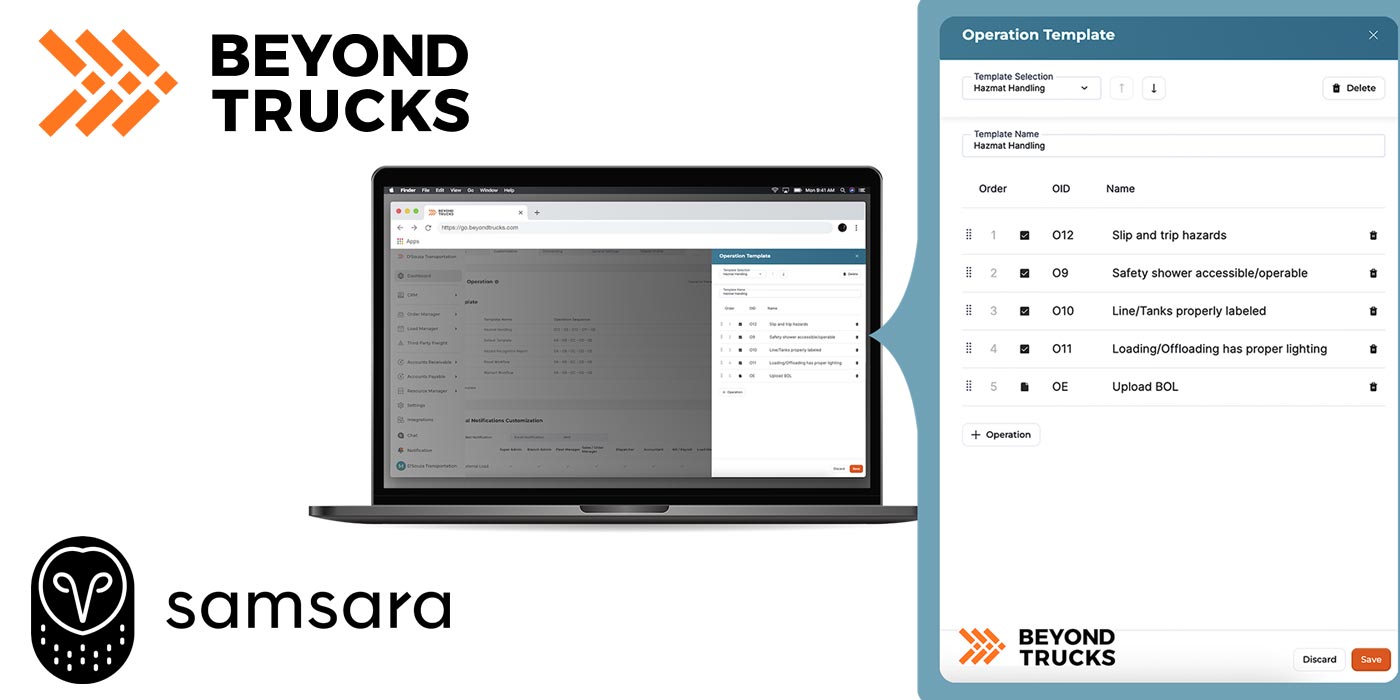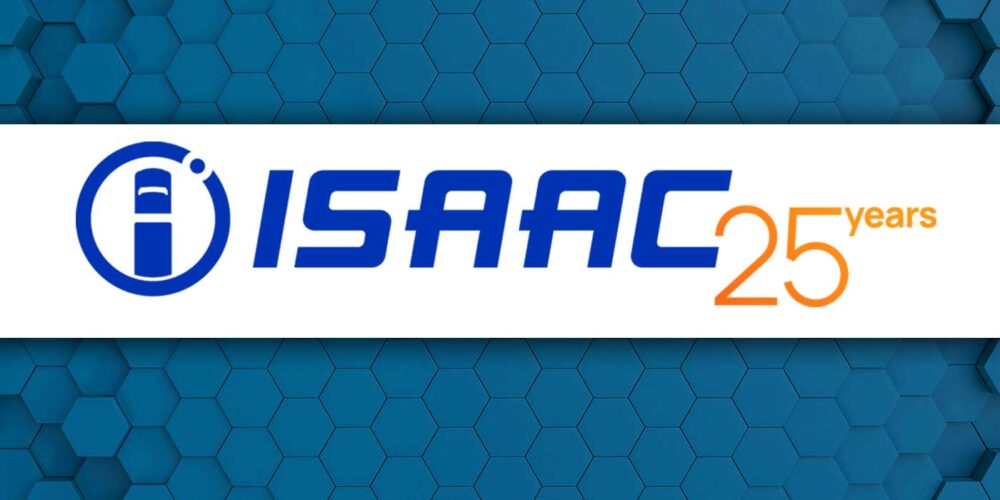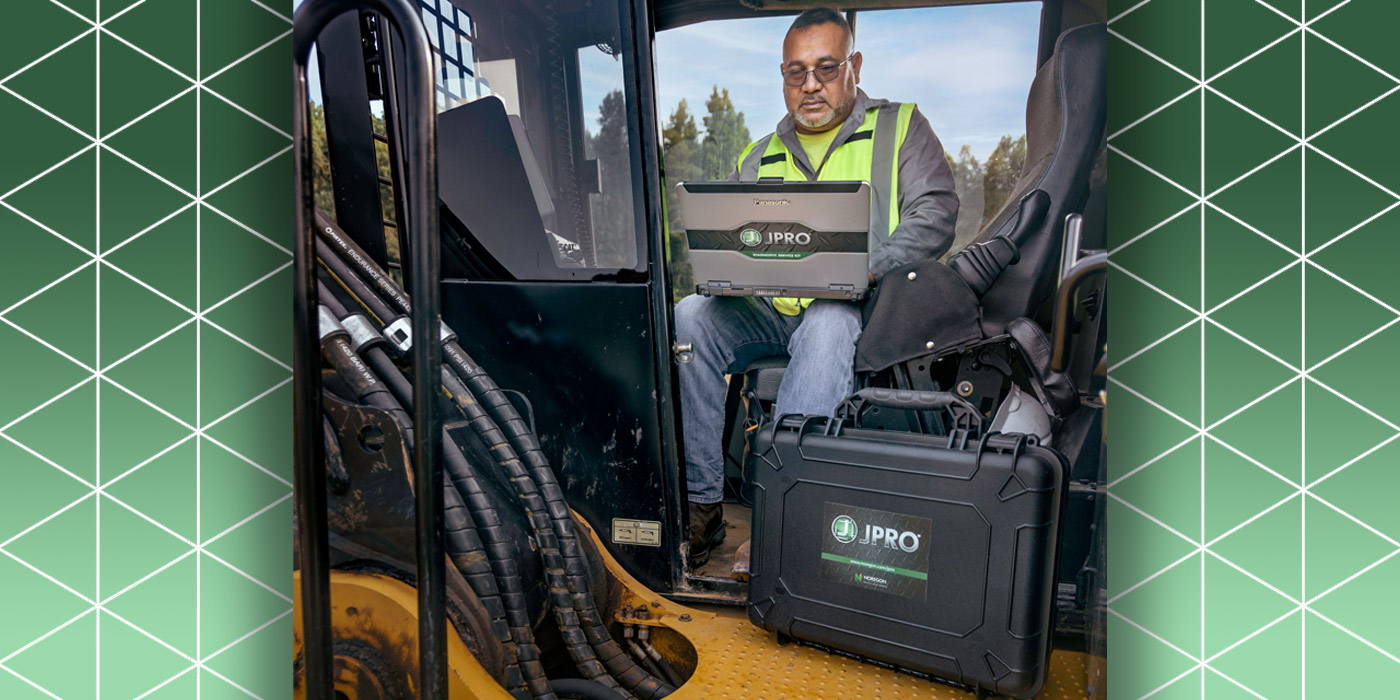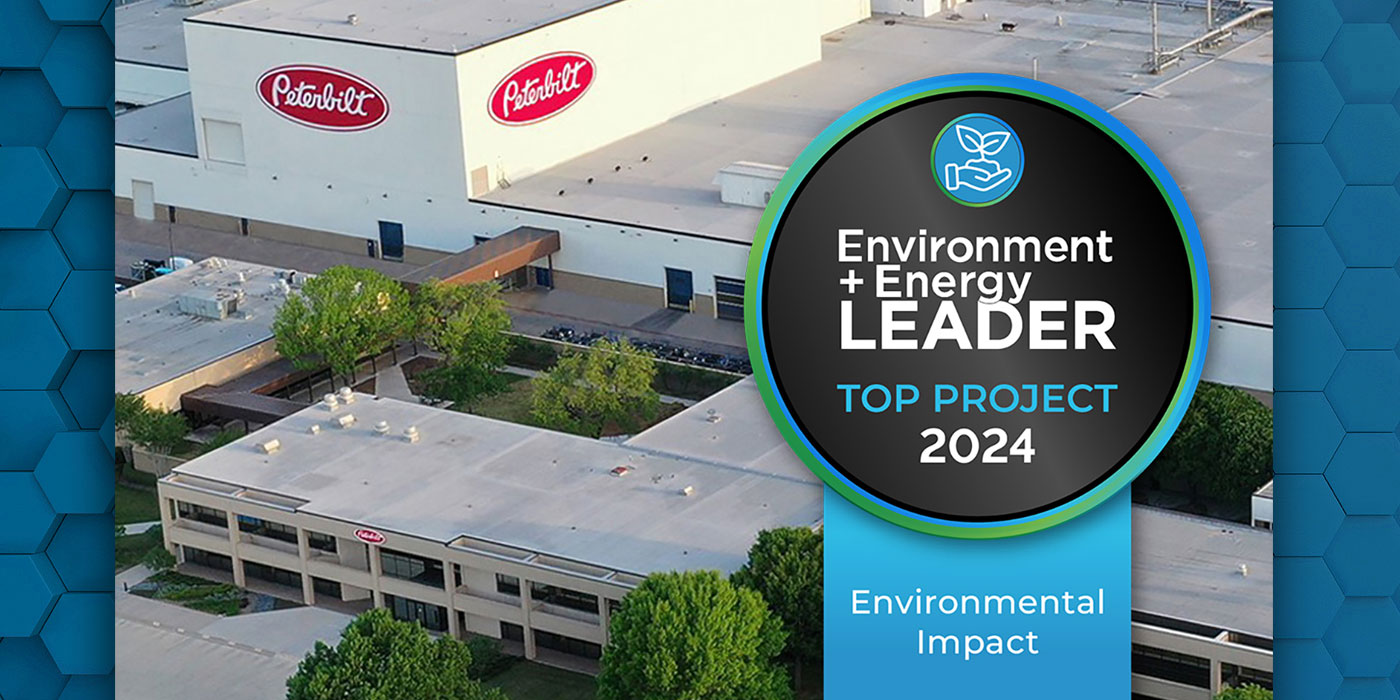The California Air Resources Board (CARB) has approved a rule that requires a phased-in transition toward zero-emission medium- and heavy-duty vehicles. Known as Advanced Clean Fleets, the new rule helps put California on a path toward fully transitioning the trucks that travel across the state to zero-emissions technology by 2045. The Advanced Clean Fleets rule includes an end to combustion truck sales in 2036. The rule also provides fleet owners flexibility and provides regulatory certainty to the heavy-duty market, CARB says.
CARB says the new rule is expected to generate $26.6 billion in health savings from reduced asthma attacks, emergency room visits and respiratory illnesses. This transition is expected to result in a total operating cost savings of $48 billion for fleet owners through 2050, CARB adds.
Under the new rule, fleet owners operating vehicles for private services will begin their transition toward zero-emission vehicles starting in 2024, the board notes. Additionally, due to the impact that truck traffic has on residents living near heavily trafficked corridors, drayage trucks will need to be zero-emissions by 2035. All other fleet owners will have the option to transition a percentage of their vehicles to meet expected zero-emission milestones. The flexibility is intended to take into consideration the available technology and the need to target the highest-polluting vehicles, CARB says. For example, last mile delivery and yard trucks must transition by 2035, work trucks and day cab tractors must be zero-emission by 2039, and sleeper cab tractors and specialty vehicles must be zero-emission by 2042.
While trucks represent only 6% of the vehicles on California’s roads, they account for over 35% of the state’s transportation-generated nitrogen oxide emissions and a quarter of the state’s on-road greenhouse gas emissions. California is set to invest almost $3 billion between 2021-2025 in zero-emission trucks and infrastructure. This investment, according to the recent press release, is part of a $9 billion multi-year, multi-agency zero-emissions vehicle package to equitably decarbonize the transportation sector that was agreed upon by the governor and the legislature in 2021.
The rule, according to the CARB, allows fleet owners to receive exemptions based on available technology to make sure fleet owners continue to replace their older polluting trucks with ones that have the cleanest engines in the nation. The recent release states that there are about 150 existing medium- and heavy-duty zero-emission trucks that are commercially available in the U.S. today.
An analysis of the sales and purchase requirements estimates that about 1.7 million zero-emission trucks will hit California roads by 2050. As part of the vote, board members directed staff to coordinate with relevant state agencies on how non-fossil biomethane from sources related to the state’s wastewater and food waste diversion requirements under SB1383 can be used in hard-to-decarbonize sectors as part of the transition, and to report to the Board, by the end of 2025, any actions needed to accomplish the transition.

